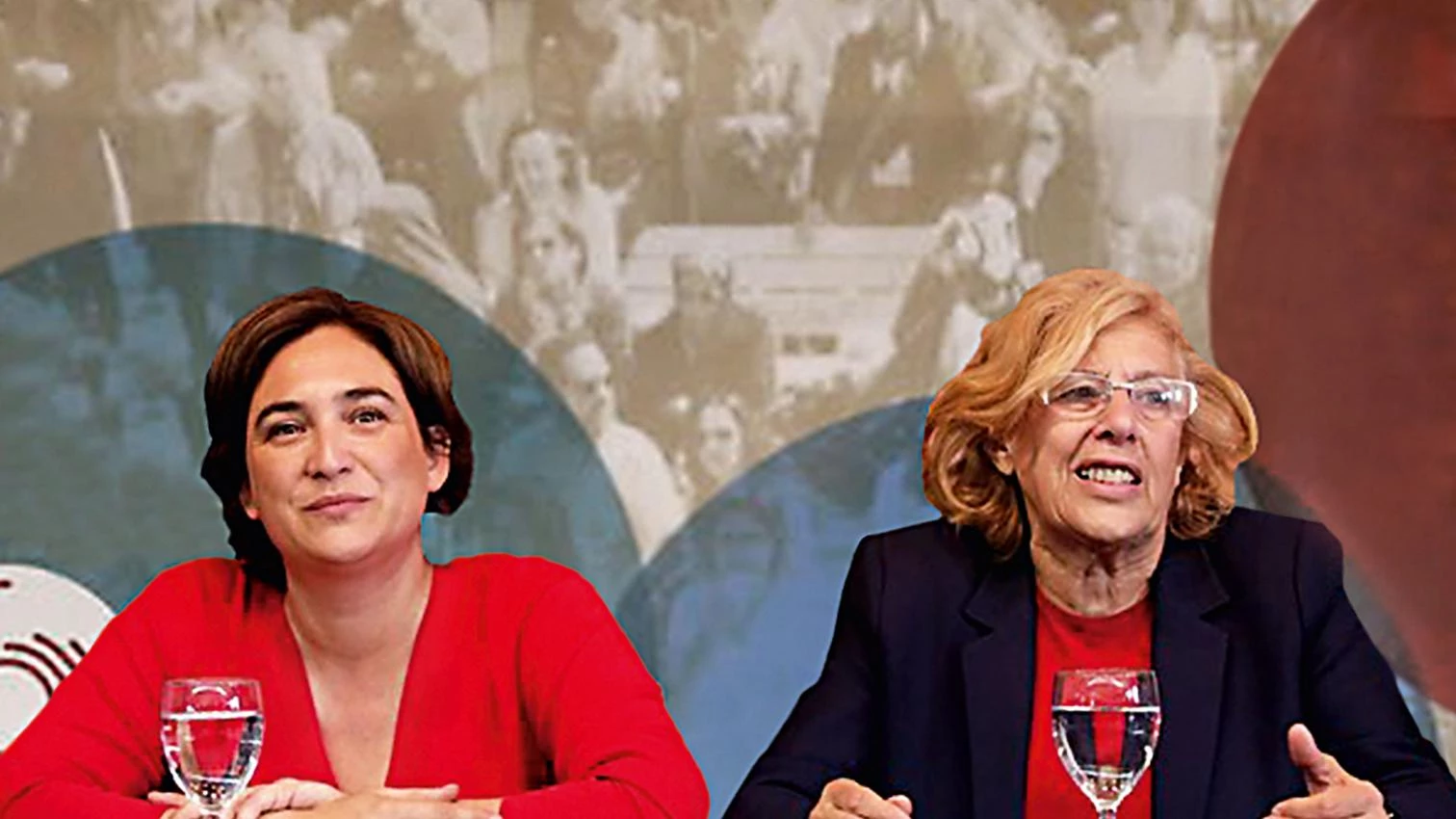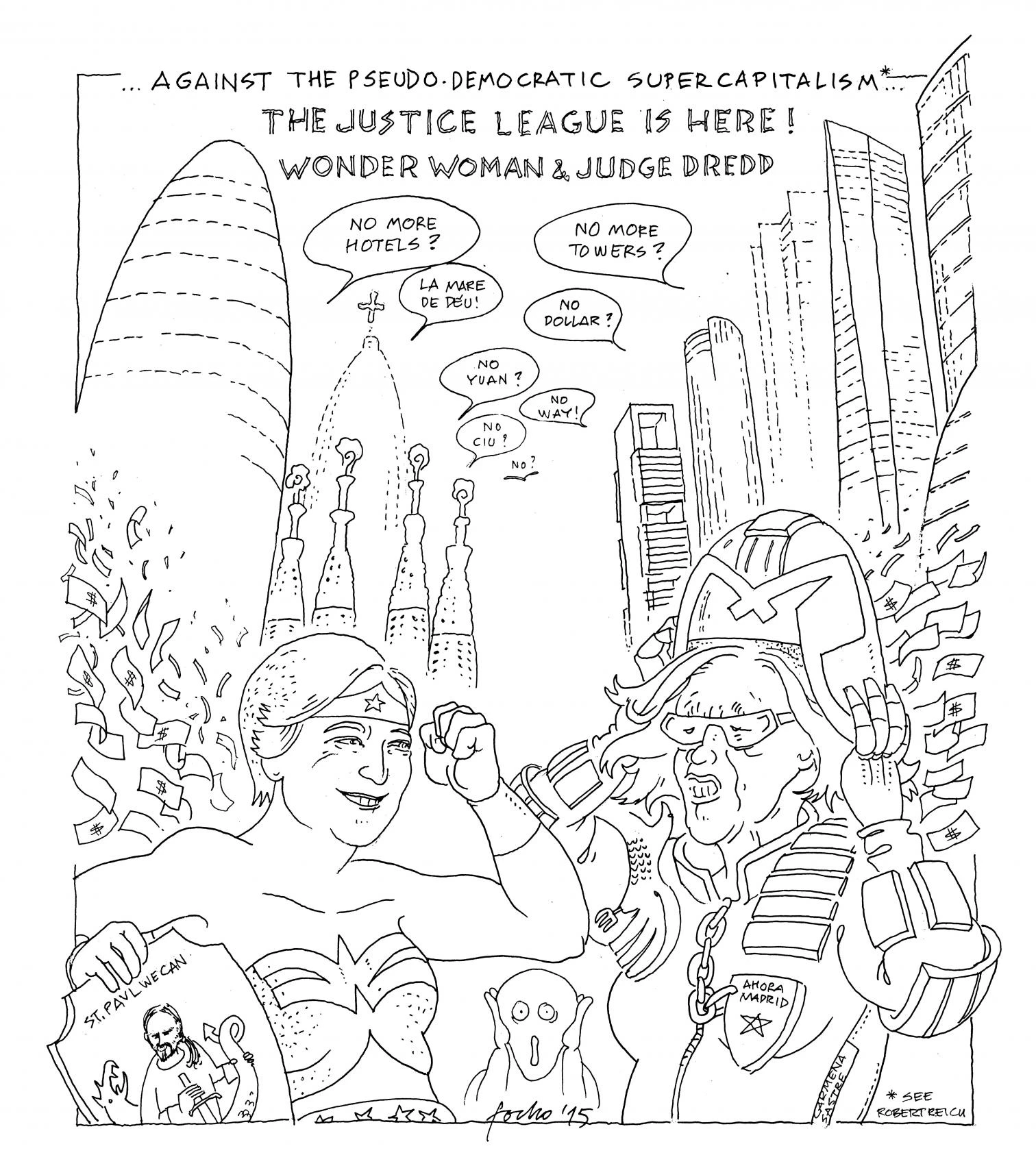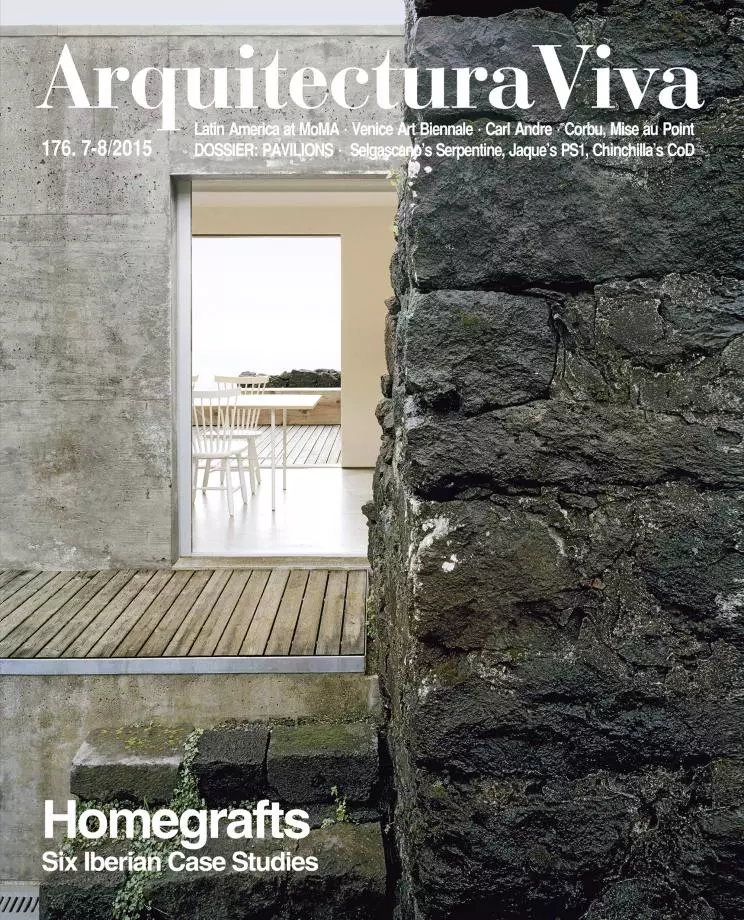
Although they did not bring on the sorpasso that was promised by the new political parties, the elections of 24 May have resulted in a notable transformation of regional and municipal power. The rise of new groupings, combined with the nationwide reading that these elections had from the very start, have put an end to absolute majorities (some of them consolidated since decades ago), as well as pointed out the need to forge political pacts, however messy and difficult, between the traditional parties and the emerging formations,whether these are left-wing or right-wing.
Particularly prominent in the changing of colors on the country’s political map is what has happened in the big capitals, where civic movements following in the trail of Pablo Iglesias’s party Podemos are already wielding, or at least sustaining, political power. This is the case of Madrid and Barcelona, both of whose brand new mayoresses, the lawyer and former judge Manuela Carmena and the activist Ada Colau, have received the support, respectively, of the Spanish Socialist Workers’ Party (PSOE) and a conglomerate of leftist groups. It is so far still hard to say what the real extent of the changes will turn out to be, but the two new mayors have announced such things as decentralization of municipal power and investments in social housing, and also a revision of the large-scale projects placed on the table by previous city councils, some of them controversial, such as the intervention on the Canalejas block and Operation Chamartín in Madrid, or the renovation of Jean Nouvel’s Agbar Tower in Barcelona.






